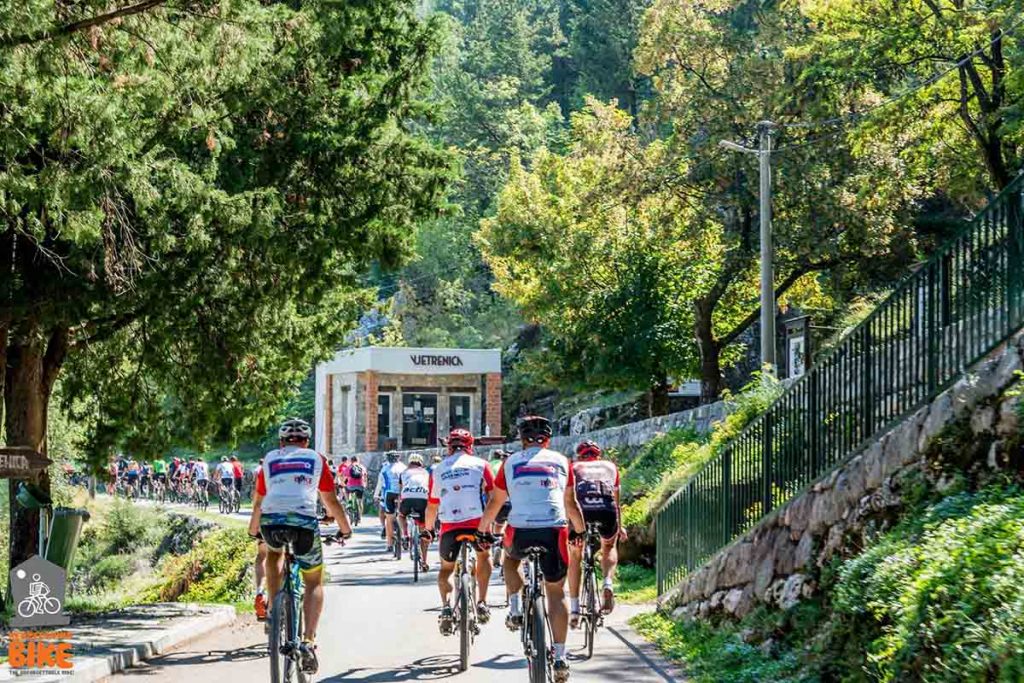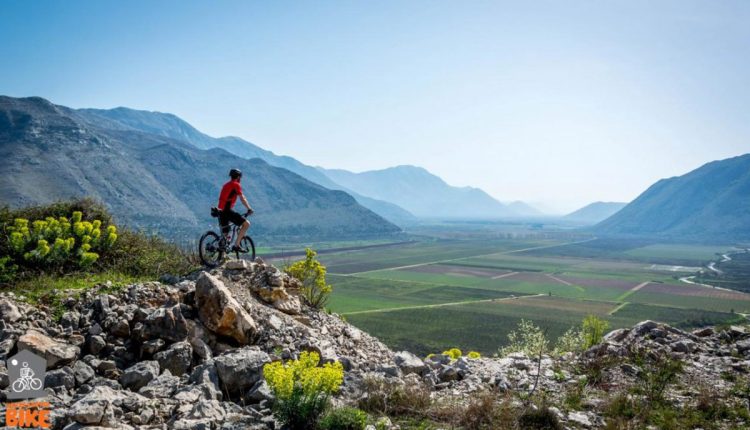
INFORMATION ABOUT CIRO
The historic narrow-gauge railway with a steam locomotive runs from Mostar along the Neretva River, through Čapljina, Popovo polje, Ravno, and near Ivanica, crossing the border with Croatia all the way to Dubrovnik. Construction of the railway began in 1898 and ended in 1901. During its existence, Ćiro connected places in Herzegovina and brought them life, and today the railway has been reconstructed into a bicycle path.
The Austro-Hungarian monarchy, which ruled the territory of Bosnia and Herzegovina at the end of the 19th and the beginning of the 20th century, built a network of narrow-gauge railways (track width 0.76 m). The railways were built primarily as strategic military facilities and they connected the southern Adriatic ports with cities in the hinterland and with Central Europe. The railways in Herzegovina were built as part of the Southern Railway, and the first section of that railway from Metković to Mostar, with a length of 42.4 km , was put into circulation on June 13, 1885. year, while the line from Gabela to Zelenika in Boka Kotorska (Montenegro) is 155.5 km long, with branches from Hum to Trebinje (16.7 km) and Uskoplje to Gruž in Dubrovnik in the Republic of Croatia (16.5 km). , put into operation in 1901. The narrow-gauge railway served people, connecting countries, regions, peoples and cultures. For the peoples from these areas, they were lifelines, they enabled them to have a better life and all kinds of progress, and they left a trace of civilization in the places through which Ćiro drove, roared, beat, whistled and let off steam for decades. he called the trains pulled by a steam locomotive gemišteri (mixed trains), šnelczug (fast trains) and personal (passenger trains). The nickname Ćiro was imposed before the very abolition of the narrow-gauge railways, but it remains recognizable among the people even today.
The narrow-gauge railway or narrow-gauge railway Gabel - Zelenika was discontinued in 1976. During its existence, the narrow-gauge railway changed five state regulations.
SHORT INFO DESCRIPTION OF THE TRAIL
The excursion begins with a visit Cave Vjetrenica, the largest and most important cave in Bosnia and Herzegovina. After visiting the cave, cycling from Zavala to Ivanica follows, with short breaks at various viewpoints and rest stops. We definitely recommend taking a lunch break (lunch package) in Ivanica, a small village located at the border crossing Gornji Brgat (Croatia). After you have regained your energy, cross the border with the Republic of Croatia, from where you will descend towards Dubrovnik.
From Hum, the cycling route stretches towards the Mediterranean pearl of Dubrovnik, whose Old Town, like the Old Town in Mostar, is on the UNESCO World Cultural Heritage List. On the way to Dubrovnik, the route passes through Uskoplje, from which two railways that went east and south exited. From the exit switch, the Zelenika railway turned left below the village of Uskoplja and wound up the hill with a 17.5 per mile climb towards Glavska and further to Zelenika in Boka Kotorska. The second railway went out in the direction of Ivanica, and entered the Republic of Croatia through a tunnel, and with a gradient of 27.8 per thousand, it went down serpentines towards Dubrovnik.

MORE DETAILED INFORMATION ABOUT THIS TRAIL
After Zelenikovac, it stretches along the edge of Popova polje towards Ravno and passes by the old railway stations in Turkovići and Velja Međa, as well as the stops Trnčina and Dvrsnica. After about 90 kilometers from Mostar, you come to the town of Ravno - a tame, steeply placed Herzegovinian town built of stone with a medieval church of St. Mitra. It is the municipal center, administrative and cultural center of Popova polje. In front of the Municipal Council building, a magnificent monument to the greatest Croatian scholar and priest Josip Ruđer Bošković was erected in 2011 on the occasion of the three hundredth anniversary of his birth. Josip's father was born in Orahovo Dol in the municipality of Ravno. There was a station building in the place, and now it is a catering and tourist facility. The station had three station tracks and could receive trains with 90 axles. In addition to the reception building, the building of the cellular goods magazine also remained.
From Ravni, the cycling route descends towards Zavala and immediately after leaving the town, the route forks for the third time into an asphalt and macadam section. The section of the macadam route descends through Mala Dubravica and the Ljuljevac hill down the longest underwall on the route (about 500 m), with a drop of 12 per thousand. On that part, there is an iron bridge/viaduct that bridges the deep cut of the canyon. From the viaduct, the path enters the Gradina tunnel L= 340.75 m. In front of the entrance to the tunnel is a stone marker for the 224th km of the railway from Sarajevo.
The tunnel was broken in a year, and it is currently home to a large bat habitat, which is why the macadam section of the route ends at the entrance. The same is true on the other side of the tunnel, from where the macadam route extends to Zavala. By the way, the entire section from Ravni to Zavala shows the spectacular landscapes of Popovo polje, which stretches tens of kilometers towards Trebinje.
The town of Zavala is seven kilometers from Ravni and not far from the town is the famous Vjetrenica cave, which has been a protected natural monument since 1952. Also, in this place there is the monastery church of the Presentation of the Virgin Mary and the Church of St. Peter (remains of the Catholic church). There was a railway station in Zavala. The reception building and track area was built on a high wall with a culvert.
When the sub-wall was being built, the emperor was told in Vienna that it could not be built. He answered with the question "Can a kilo of stone, a kilo of gold? It can. And it was built. All local, passenger and high-speed trains stopped in Zavala for the "scaffolding" from the train to the sea in Slano, Croatia. It is interesting to mention that until the railroad was abolished in 1975, there was one tourist train every day in the afternoon from Dubrovnik to Zavala in the summer season.
WHAT TO VISIT
- Cave Vjetrenica
- Zavala Museum
- Zavala Monastery
- Old station Hum
- Many other Ciro stations along this trail
- Dubrovnik
GASTRO OFFER
- Regular MTB Bikes - 15,00€
- Electric bikes – 30,00€
CONTACT:
☎️ +387 63 400 260 (Viber & WhatsApp available)
📧 visit@herzegovinabike.ba
ERO TRAVEL TURIST AGENCY
For a complete experience and experience of getting to know Bosnia and Herzegovina, we recommend that you contact our partners from ERO Travel tourist agency. ERO Travel is the leading provider of organized active travel in Herzegovina. 10 years of experience and excellent ratings from satisfied users of our services make them the leading provider of active vacations in Herzegovina.
CONTACT:
☎️ +387 63 766 160 (Viber & WhatsApp available)
📧 info@ero-travel.com
RECOMMENDATION
Although the trail takes us through populated areas, we recommend taking sufficient amounts of water with you on the ride, especially on summer days. The entire section is asphalted, but it is necessary to bring a mini tool and a tool for patching inner tires. Due to the length of the tour, it is recommended to inform family or friends about your cycling plans before going on the ride.
Helmet mandatory!
More information, photos, overview and download of the Ciro Heritage GPX track can be found at HerzegovinaBike web page.. 👇



